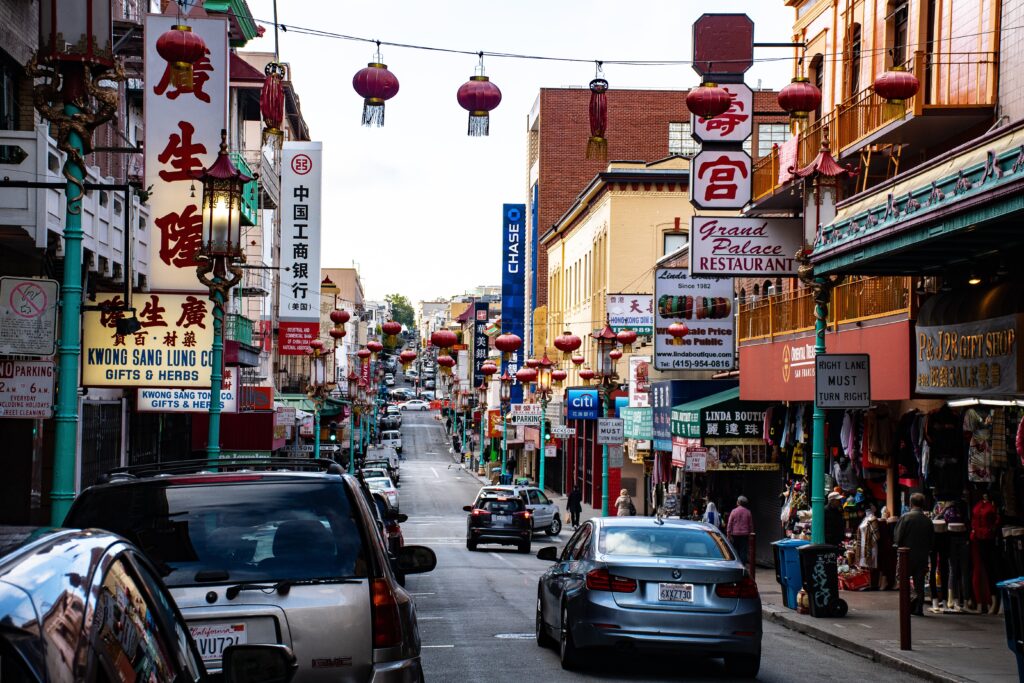Chinese Americans. We come from many different backgrounds, whether it be new immigrants who came to the United States seeking a better life or descendants of immigrants seeking to make meaning for themselves, craving to carve out an existence in American society, independent of those that society has subscribed to their parents’ generation, our stories are unique. Yet, our stories are under-reported, under-told, if not entirely swept away. In the past, we were seen as a “model minority,” often skipped over as a minority group at all. When applying to higher education, admissions officers scratch their heads and say “they all look the same on paper.” Now, we are antagonized for no reason other than the color of our skin and our heritage. This is nothing new, except that now, with the worsening tides of the US-China relationship, deep-seated racism against our people, buried for many years, has now boiled to the surface.
The problem, at least in part, lies with the Chinese American community. We have contented ourselves on excelling in academic studies, pursuing careers that provide stable livelihoods, and refusing to raise our voices against injustices levied against us. This is the way the Chinese have their young been raised for generations: to be humble, to never stand out, because, as the Chinese proverb goes, “the gun hits the bird that stands out the most.” This educational mantra has made us, as a group, remarkably successful, but our virtues have become our vices. Because we do not raise our voice, our voice has simply disappeared.
And this dearth of leadership is not restricted to politics and policymaking. Even though every year American universities pump out droves of Chinese American graduates, very few make it to the highest echelons of their respective industries. Even among Asian Americans and Pacific Islanders, Chinese Americans have lost out to other groups for leadership roles.
A large part of this lack of Chinese American leadership is education, yes, in the form of conveying confidence and assertiveness, but a big and neglected part is the fact that Chinese Americans have lost their identity. Unlike other minorities, Chinese Americans have not organized well, because there is not anything tangible that they choose to bind to. Oftentimes, they feel the need to choose between being “Chinese” and being “American.” In short, Chinese Americans are uncomfortable with and amongst themselves. So many times, I have heard Chinese American students tell me that they “wished to be white, to be accepted,” or that “there was no use learning Chinese,” perceiving weekend Chinese school or cultural events as chores. A part of this is a failure of the parents, but a much larger part of the issue is the lack of cohesion in the Chinese American community at large, sapping Chinese American children of their rightful sense of belonging.
These issues create far-flung ramifications for Chinese Americans, particularly second-generation ones. So many times I have heard the phrases “I wish I had learned Chinese, I wish I was more in touch with my heritage” from Chinese American college students who end up taking Chinese as their foreign language, where they find, with shame and embarrassment, that their classmates of non-Chinese heritage eclipse them in their mastery of Chinese and understanding of Chinese culture. Rather than embracing what has made Chinese Americans special, we have, for the most part, rejected it. In our quest to be accepted into American society, we have lost who we are. It is this loss that directly affects Chinese Americans’ ability to succeed at the highest level—other groups do not know what we are about or how our distinctive perspectives can help the company or organization succeed, because we have not let them know how our perspective is distinctive or if our perspective is distinctive at all.
What should the Chinese American community do? My prescription is three words: embrace, organize, reconcile.
Embrace: Rather than shying away from our heritage, embrace it. The more we embrace and enunciate our heritage and values, the more respect that the Chinese American community as a whole will be respected.
Organize: As is, the Chinese American community lack unity, and with this lack of unity comes confusion about how Chinese Americans are distinct, unique, and diverse. Organizing nationally, regionally, locally to champion uniquely Chinese American values that are integrated with our heritage can go a long way to changing mainstream perceptions about the community.
Reconcile: a large reason why the Chinese American community lacks unity is because the community itself is divided. While a part of this schism and division is rooted in politics and history, it is important to put the interests of the community ahead of the differences among us. A part of reconciliation also, moreover, is to come to terms with the fears of being “different.” Showing your pride in your heritage, rather than hiding it, earns respect, rather than the other way around.
These are by no means easy things to achieve, and I harbor no illusions that embracing, organizing, and reconciling are each herculean tasks for a community that has been disorganized, confused, and divided for so long. However, if the Chinese American community does not try some of this tough medicine, then it will only get worse from here, for unless the Chinese American community itself starts to come together, no one else can help it. To that, I say: godspeed, Chinese Americans.
Mason Ji is an attorney-at-law and a former United Nations delegate and White House Ambassador for Asian Americans and Pacific Islanders. He graduated from Harvard Law School, the University of Oxford (where he was a Rhodes Scholar), and Yale University. This article is part of his monthly column, “Equity and Perspective.”

